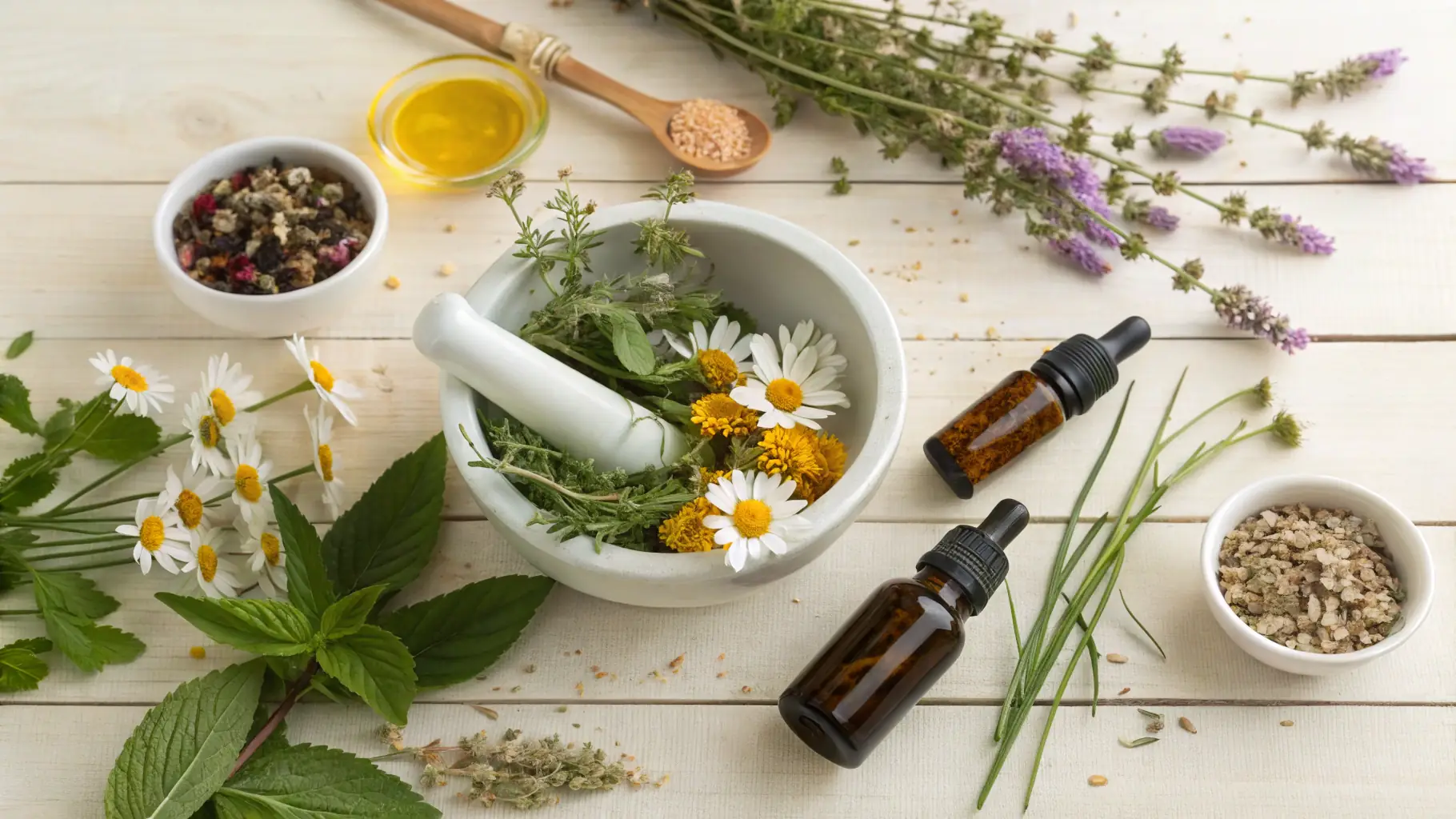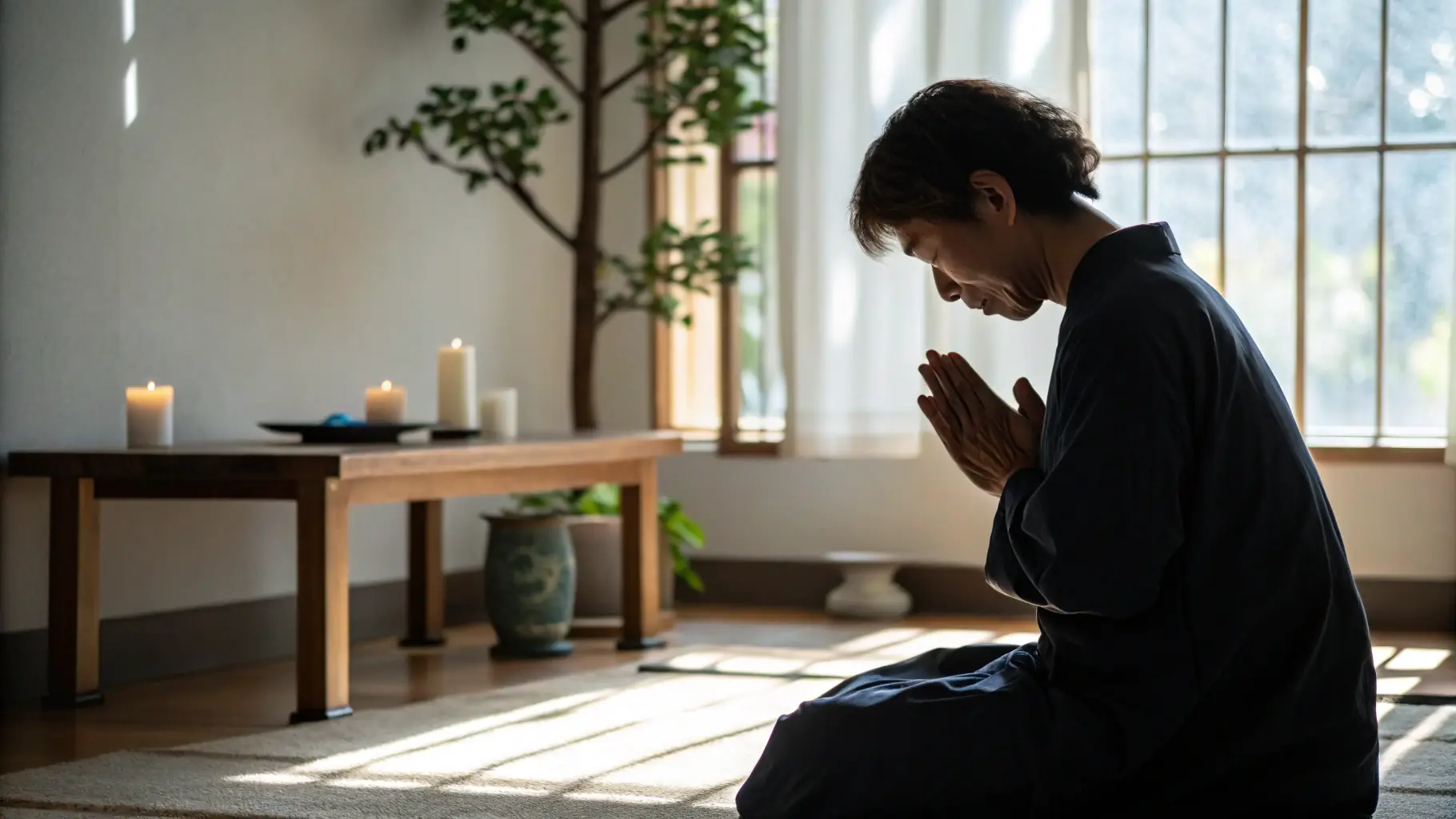The Benefits of Islamic Self-Care Practices

Islamic self-care practices emphasize the importance of nurturing both the physical and spiritual aspects of well-being. These practices, rooted in Islamic teachings, provide a framework for cultivating a balanced lifestyle and promoting overall well-being. By incorporating these practices into daily life, individuals can cultivate a sense of calm and inner peace. It’s a testament to the power of faith and the importance of seeking guidance from the divine. These practices often involve mindful activities, such as prayer, meditation, and reflection. They encourage a deeper connection with oneself and the divine, fostering a sense of inner peace and contentment. By incorporating these practices into daily life, individuals can cultivate a sense of calm and inner peace. It’s a testament to the power of faith and the importance of seeking guidance from the divine. These practices also emphasize the importance of a balanced lifestyle, including proper diet, exercise, and rest. By incorporating these practices into daily life, individuals can cultivate a sense of calm and inner peace. It’s a testament to the power of faith and the importance of seeking guidance from the divine. It’s a journey of self-discovery and spiritual growth.


